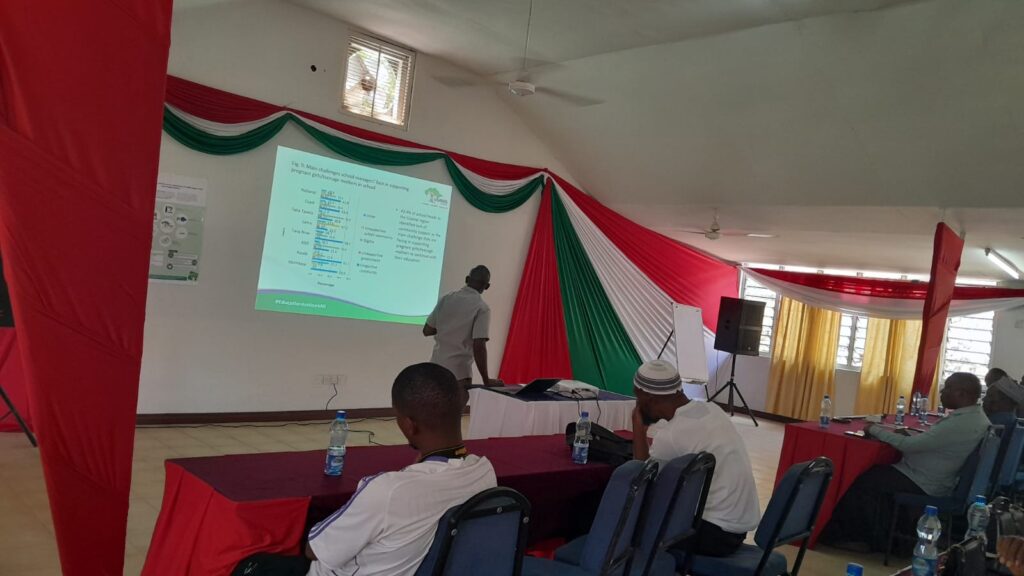By Agnetta Okwemba
School-going children in Lamu county is composed more of girls than boys with a Foundational Literacy, Numeracy and Assessment report done by Usawa Agenda organization revealing challenges facing education in the coastal region.
In Lamu for example, according to the Uwezo Youth group from official Faraj Mohammed boys are majorly focused in Ocean activities instead of education.
The 2023 Usawa Agenda assessment report through data collection was done by various organizations in all 47 counties of Kenya covering villages, households, children and schools.
The report indicates that Lamu has a percentage of 7.3 children out of school, 8.4% are boys and that of the girls being 6.1%.
The coast region report was launched in Mombasa detailing children education status for the 6 counties that are: Mombasa, Kwale, Taita-Taveta, Kilifi, Lamu and Tana River.
According to the report 16 in 100 of pre-school age children are out of school while those in primary school being 8 in 100.
It states that on average 9 in 100 children of school age are out of school.
The Foundational Literacy, Numeracy and Assessment (FLANA) report focuses on the literacy and numeracy level of children between 4-15 years.
In 2021, the report showed that 7.5% of children were out of school after the COVID-19 enforcing school closures.
However, an increase was noted in 2023 where 8.5% were out of school and 91.5% in school.
Patrick Mwadime a representative of Mombasa county said that their focus in this report is to have a levelled playing field that can accommodate children from all backgrounds.
Issues to do with disabilities were also brought up in the report as a big challenge with Autistic children being more likely to drop out of school compared to other disabilities while those with mental health challenges they most likely never enroll in school.
Mwadime called on stakeholders in the education sector to make an effort of bettering education and not just blaming the government.
He also stressed on residents being focused on not just having education but quality education.
“In this report, we aim to understand whether the kids are going to school to learn or just for the sake of it,” said Gabriel Nyiro, Kilifi county coordinator.
Interestingly, 2 in 10 class 8 learners and 3 in 10 grade 6 learners could not meet the expectation in reading a grade 3 appropriate English text.
On the flip side, 2 in 5 grade 4 learners are at least meeting expectations in reading a grade 3 appropriate English text.
Usawa Agenda is a non-governmental organization, formerly known as Uwezo, that has been advocating for access and quality education for all since its inception 11 years ago.
Other issues looked at in the report include school environment, the ratio of teachers to the ratio of students, gender imbalance in school leaderships and the type of school-public/private schools.


